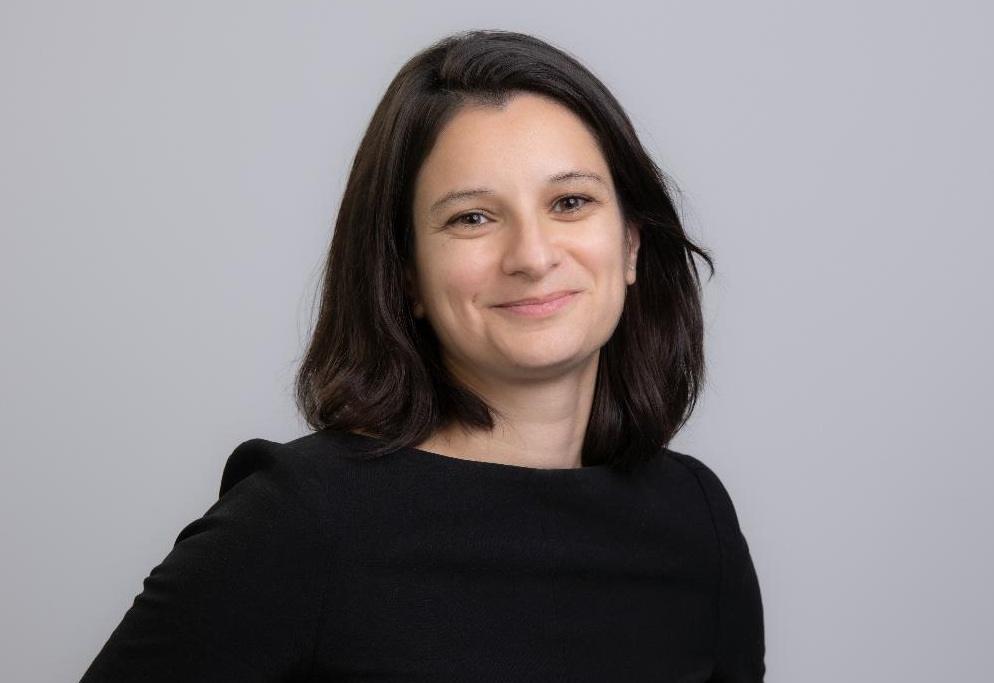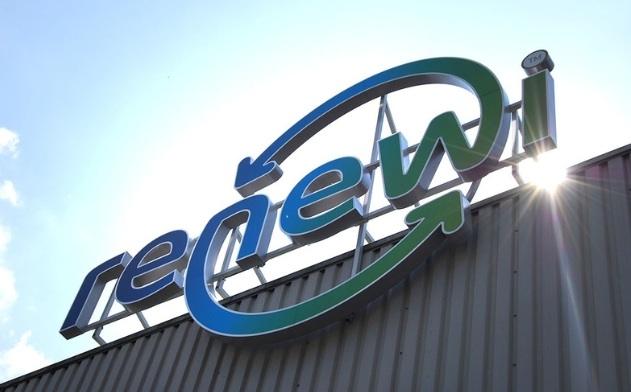Credit Suisse Puts Sustainability Front and Center in Major Structural Changes
Credit Suisse announced significant structural changes today in its investment banking and wealth management businesses, with enhancements and commitments in sustainability as a core element. The initiatives announced today include the creation of a new sustainability-focused business function, a new board position, and material changes in the firm’s wealth management and financing activities. The bank also committed to substantial restrictions in its financing of coal-related businesses, to reduce exposure in traditional oil and gas businesses, and to support clients in energy transition efforts.
Thomas Gottstein, Chief Executive Officer of Credit Suisse Group AG, said:
“On the back of our successful journey of restructuring and repositioning, and as key secular trends accelerate, including digitalization and sustainability, we are today announcing a series of strategic initiatives to improve effectiveness and to generate efficiencies. This will allow for further investments and is expected to accelerate growth, while placing investment performance and sustainability at the heart of our strategy. I am certain that the measures we outline today are the right ones to further strengthen our integrated model, being a global leader in wealth management with strong global investment banking capabilities. These initiatives should also help to provide resilience in uncertain markets and deliver further upside when more positive economic conditions prevail.”
The key structural initiatives announced today by Credit Suisse include the creation of a global investment bank through the integration of the firm’s Global Markets, Investment Banking & Capital Markets and APAC Markets units, the introduction of a Chief Risk and Compliance Officer (CRCO) function, and the establishment of a new Sustainability, Research & Investment Solutions (SRI) function.
Sustainability, Research & Investment Solutions will be led by Lydie Hudson in a new executive board function. Hudson joined Credit Suisse in 2008, and most recently served in the role of the firm’s Chief Compliance and Regulatory Affairs Officer. In the newly created role, she will be responsible for driving and executing the firm’s strategy in this area, improving coordination. She will be at the forefront of the bank’s efforts globally around sustainability, research and investment solutions, formed from a combination of existing Impact Advisory & Finance (IAF), IS&P, GM and APAC Equity Research as well as Marketing and Branding teams.
SRI will develop a coordinated “House View” with a focus on Supertrends and sustainability at its core that will drive the firm’s content, advisory, investment and capital market solutions across wealth management, corporate and institutional clients. The unit will focus on providing innovative and differentiating solutions to clients and delivering an integrated approach to sustainability across the product landscape in all four divisions. SRI will also be central to the bank’s commitments to contribute to the achievement of the Paris Climate Agreement and the United Nations’ Sustainable Development Goals (SDGs), through its strategy to “grow, enhance, transition and restrict” (more below).
The new SRI function was presented as a component of Credit Suisse’s enhanced sustainability strategy, which contains three key elements:
- Elevating and strengthening governance. In addition to the establishment of SRI, Credit Suisse has created a new Board of Directors mandate, naming Iris Bohnet as Board of Directors Sustainability Leader on Group Board of Directors, who will enable and help supervise the sustainability agenda. The bank will also name sustainability leaders for each division.
- Developing a leading sustainability client offering. For Wealth Management Clients, the bank will integrate sustainability across the investment and advisory product suite with innovative investment solutions and mandates aimed at not only meeting the expectations of clients but also positively impacting society and the environment. For institutional investors, the bank will provide Sustainable institutional product offerings across Asset Management and other institutional client organizations, including sustainable capital markets and structured products, funds and investment research integrating Credit Suisse’s proprietary ESG framework. For corporate clients, the bank will provide support globally to deliver on their transition strategies by providing sustainable, green, renewable and transition lending, capital markets underwriting & advisory services driving the UN SDGs.
- Making new commitments to propel our progress. This element of Credit Suisse’s strategy involves significant enhancements to sustainable financing efforts, as well as refocusing and restricting elements of the bank’s financing activities relating to energy-transition related sectors.
This last element of the strategy will focus on a process described as Grow & Enhance, Transition, and Restrict, which the bank outlined as follows:
Grow & Enhance:
- Goal to provide at least CHF 300 billion of sustainable financing (renewables, Green/Blue/Transition bonds, low-carbon energy solutions and UN SDG-aligned financings) over the next 10 years
- Enhanced consideration of biodiversity in lending and capital market transactions with development of new commitments to be integrated
Transition:
- Reposition corporate oil & gas business by reducing exposure to traditional business in order to align resources to support clients in their ongoing energy transition, including transition bonds, and utilizing our broader Energy Transition Frameworks to guide engagement with high carbon-emitting industries
Restrict:
- No lending or capital markets underwriting to any company deriving more than 25% of their revenue from thermal coal extraction
- No lending or capital markets underwriting to any company deriving more than 25% of their revenues from coal power
- No financing related to offshore and onshore oil & gas projects in the Arctic region
Credit Suisse is the second major bank to recently announce sustainability-focused changes to its energy financing business. Earlier this week, Deutsche Bank announced that it will end its global business activities in coal mining by 2025, and also announced it will not finance several types of oil and gas projects, including projects that use hydraulic fracturing in countries with scarce water supplies, new oil and gas projects in the Arctic region, and new oil sands projects.





